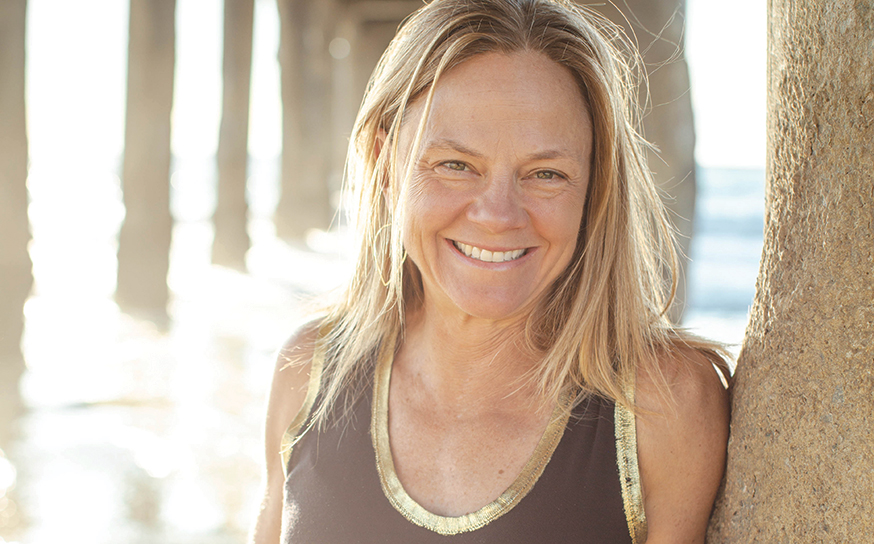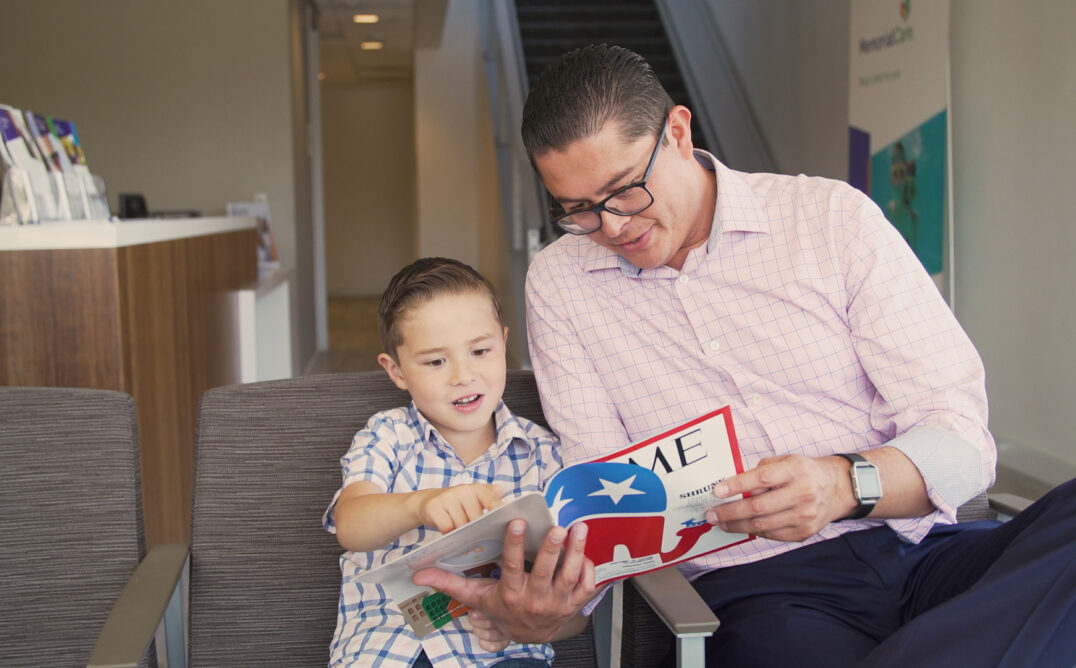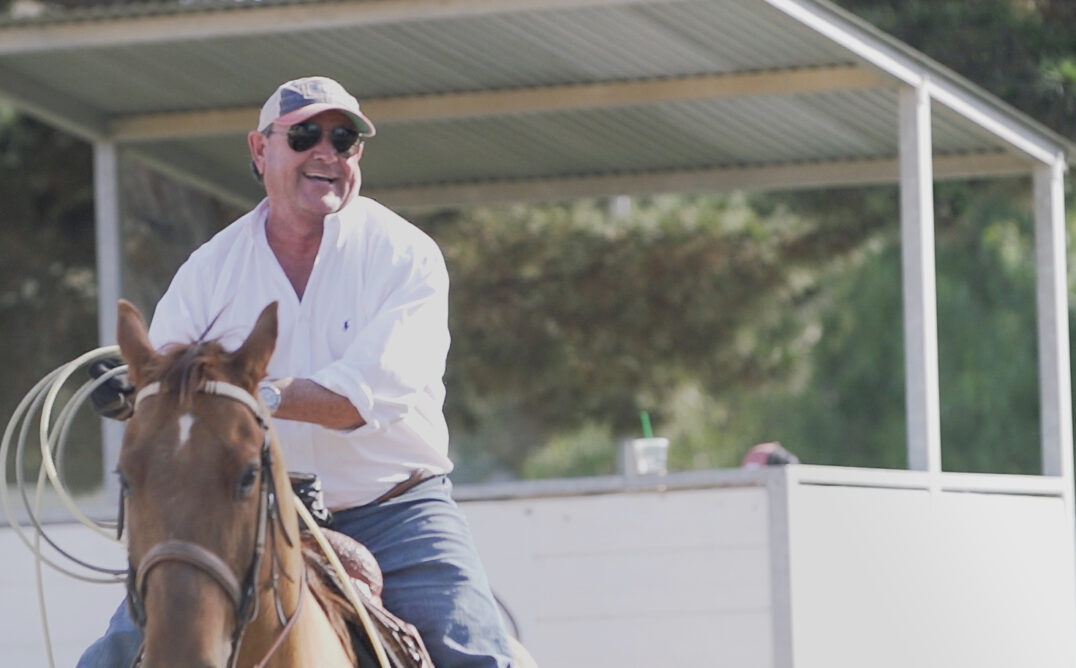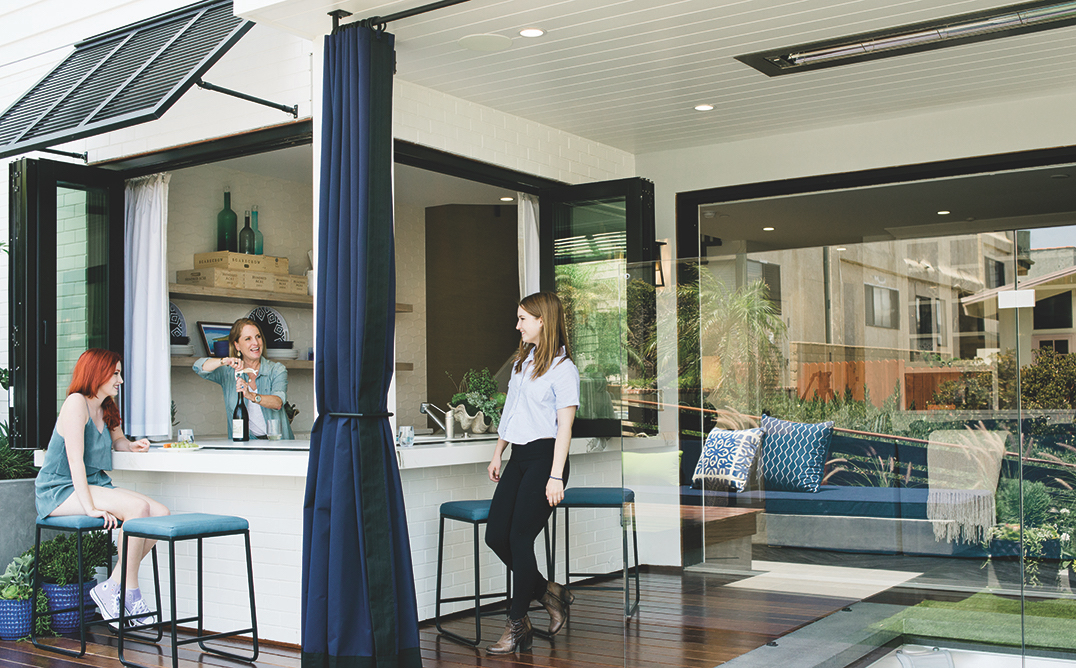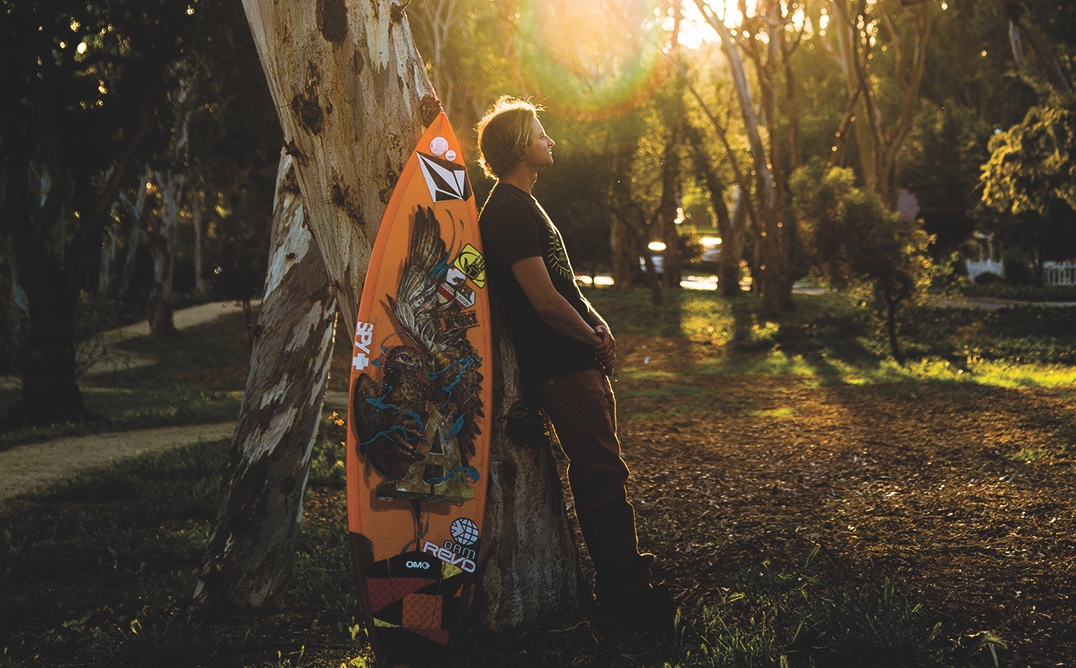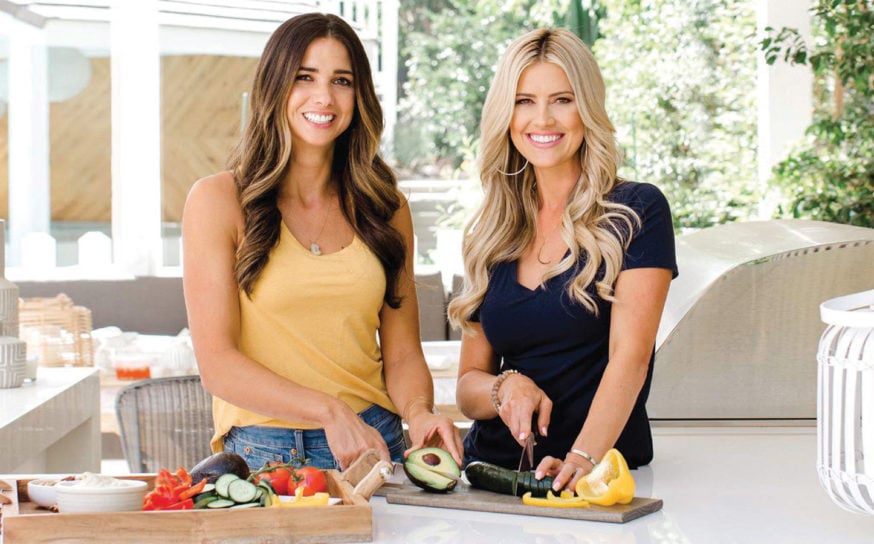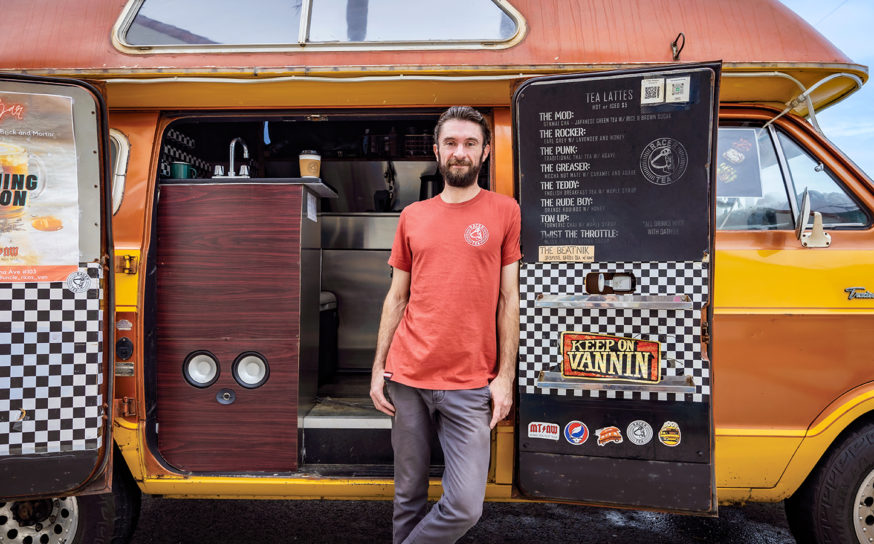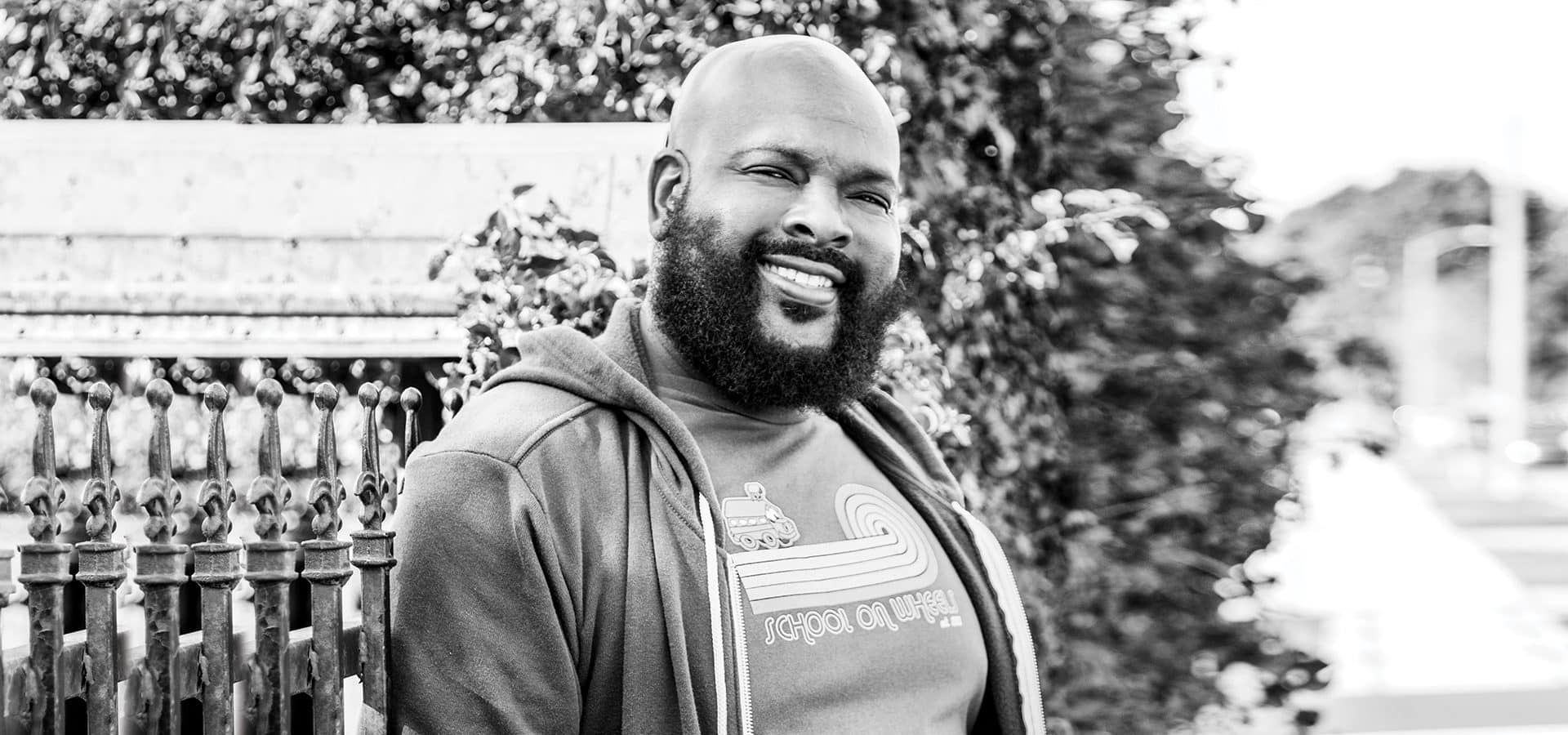
Exploring the South Bay’s Unique Relationship with Educational Organization School on Wheels
Learn by heart.
- CategoryPeople
- Written byTanya Monaghan
- Photographed byShane O’Donnell
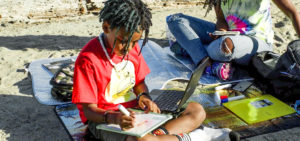 Over the past 28 years, School on Wheels (SOW) has helped 50,000 kids experiencing homelessness. Founded in 1993 by Agnes Stevens, a retired schoolteacher who understood the value of education, SOW remains the only organization in Southern California dedicated to the educational needs of this population. In 1999 Catherine Meek became one of Agnes’ first volunteer tutors on Skid Row, helping grow the program and expand its reach beyond Los Angeles.
Over the past 28 years, School on Wheels (SOW) has helped 50,000 kids experiencing homelessness. Founded in 1993 by Agnes Stevens, a retired schoolteacher who understood the value of education, SOW remains the only organization in Southern California dedicated to the educational needs of this population. In 1999 Catherine Meek became one of Agnes’ first volunteer tutors on Skid Row, helping grow the program and expand its reach beyond Los Angeles.
“Our goal is to shrink the gaps in their learning and provide them with the highest level of education possible,” she says of SOW’s students. “Our program serves as a consistent support system for our students during a time of great stress and fear.”
“Every day I become more and more involved. I have worked with so many kids over the past 12 years, and I have been able to see the fruits of our labor. One of the most rewarding experiences is to watch kids go through the program and then come back to volunteer for the organization. It brings it all back full circle.”
The South Bay contributes a significant percentage of the fundraising for the nonprofit. Longtime supporters include organizations like South Bay Girl Scouts, Amigos, Sandpipers, schools such as Robinson Elementary and Chadwick School, and small businesses like The Strand House, Slay and Trilogy Spa. Two of its active board members, Lynn Carson Stone and Ellen Padnos, both are involved with the South Bay fundraising events.
“I’m so inspired by these kids, their resilience and desire to learn,” says Lynn. “I’m surrounded by people passionate about making a difference in the world. It helps keep things in perspective for me and my family about what’s really important.”
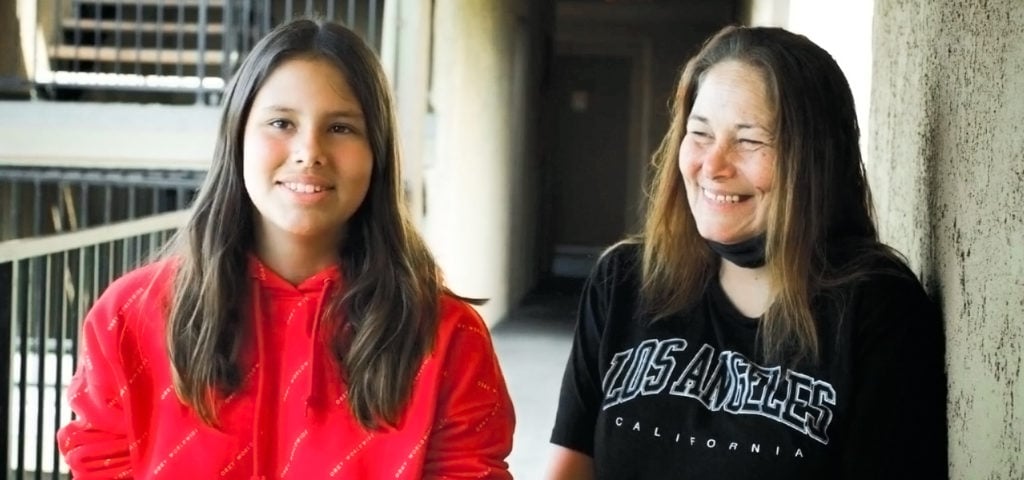
Ellen started out fundraising for SOW and eventually joined the board to see if she could have a greater impact. Within the past year, she became a tutor and gained a completely new perspective of the organization.
“Working weekly with a student—a fourth-grade girl living in a shelter—I ‘got in’ in a different way,” she says. “These kids are awesome. It’s such a gift to know her and hopefully be able to help her thrive in her education. We can always do more to help these kids, and I know we will.”
Charles Evans, executive director of SOW, has served the organization for 12 years. Even through Zoom, his passion and love for what he does shine brightly with contagious energy. A product of two immigrants (his mother from Belize and his father from the Virgin Islands), Charles spent some time in elementary school abroad, where he first learned to value the concept of education.
“I noticed a striking difference between being in school in America, where a lot of the supplies were provided for students, and going to a remote little school in Belize, where some kids didn’t have the means to buy their own school supplies, let alone their own shoes,” he explains. “This was my aha moment as a kid. I realized that as an American, I had a more privileged life and that I wasn’t going to take my education for granted. Education became a passion for me.”
As a young man, Charles found himself at a crossroads—unsure of his vocation. It was his pastor, Reverend Cecil L. Murray, a professor of religion at USC and an acting board member of SOW, who first introduced Charles to the organization. The opportunity for Charles was a match made in heaven.
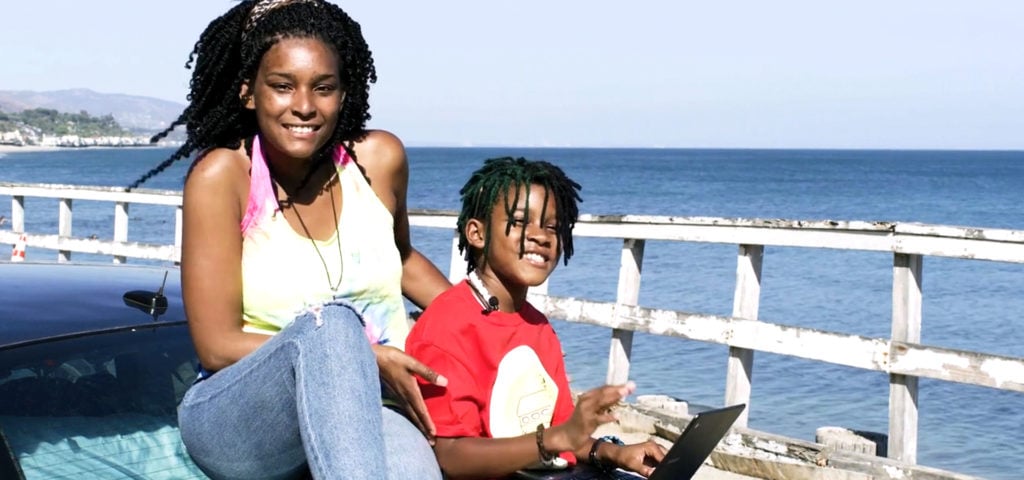 Charles says his predecessor, Catherine, who became his mentor, was instrumental in his development and growth. Thankfully, Catherine still acts as an executive advisor of the board and volunteers as a tutor.
Charles says his predecessor, Catherine, who became his mentor, was instrumental in his development and growth. Thankfully, Catherine still acts as an executive advisor of the board and volunteers as a tutor.
Charles began his time with SOW managing volunteers and working with families and children experiencing homelessness in South L.A. He grew that region and, over time, took on all aspects and responsibilities within the organization.
“Every day I become more and more involved,” he says. “I have worked with so many kids over the past 12 years, and I have been able to see the fruits of our labor. One of the most rewarding experiences is to watch kids go through the program and then come back to volunteer for the organization. It brings it all back full circle.”
During COVID-19, SOW has successfully pivoted from in-person instruction to being online. Thanks to their donors, at the peak of the pandemic they gave devices to students who had no technology. Strangely, the pandemic did produce some silver linings.
“Before, we were limited geographically to which students you could work with depending on where you lived,” Charles says. “Now we can connect volunteers from as far north as Ventura to as far south as Orange County with a student who lives in Compton or Inglewood. It also eliminates the time spent commuting for volunteers, which allows some to take on more students.”
The average family experiencing homelessness moves four times a year between motels and shelters. Every time a family moves, the relationship with their tutor is interrupted. Due to geographic constraints, they may not be able to work with the same person.
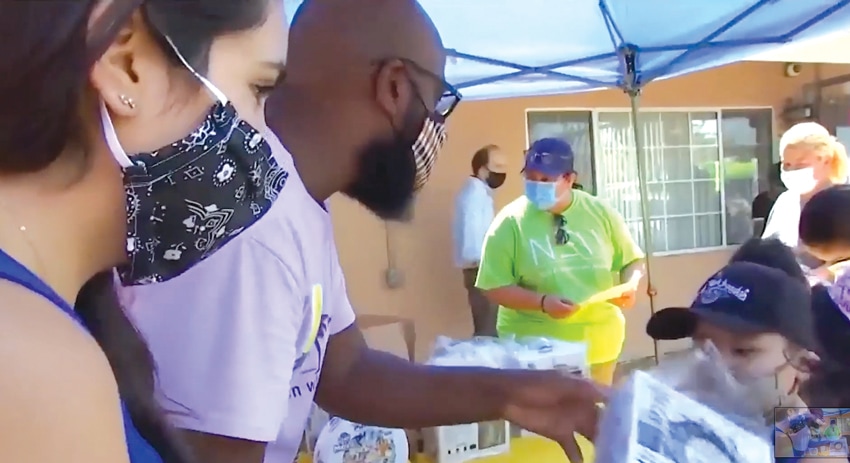 “We are now in six counties in Southern California, so we are able to document the work done with each student to better match them with the next volunteer,” Charles adds. “Distance learning has provided us with the power to stay connected to the student if he/she moves and keep that student/tutor relationship stable. As far as looking forward, SOW hopes to retain a hybrid model whereby the tutors can meet with their students in person as well as virtually, giving the student even more deserved time and attention.”
“We are now in six counties in Southern California, so we are able to document the work done with each student to better match them with the next volunteer,” Charles adds. “Distance learning has provided us with the power to stay connected to the student if he/she moves and keep that student/tutor relationship stable. As far as looking forward, SOW hopes to retain a hybrid model whereby the tutors can meet with their students in person as well as virtually, giving the student even more deserved time and attention.”
Charles holds regular “village sessions” with families and parents to learn about some of their challenges with distance learning and getting the support they need from the school district. “By having conversations like this, we are able to get our students access to technology,” he says. “It could be something as basic as providing accessories like a car charger for those who are living in their car or providing access to Wi-Fi or a wall outlet.”
SOW works with every major shelter in Southern California. Mayor Eric Garcetti’s office has been instrumental in providing hot spots for students without Wi-Fi. Through the mayor and the Los Angeles Unified School District (LAUSD), they converted a Van Nuys motel carport into an outdoor learning center this past summer. Liaisons through LAUSD refer families to School on Wheels.
Currently, SOW offers three core programs alongside social and emotional learning and other enrichment programs. A literacy program is available for grades K–4, and an academic program for grades 5–8 fills in educational gaps in subjects such as math and English language arts.
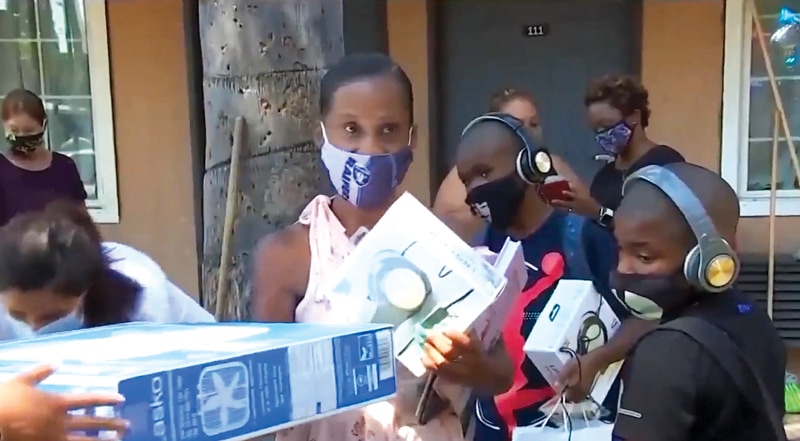 The Believe-Understand-Succeed Program helps older students develop vocational skills like filling out a job or college application form, writing a resume and practicing for an interview. Students can also easily apply for scholarship programs to colleges and trade schools; arts, music and sports programs; educational summer programs; and apprenticeships or enrichment classes.
The Believe-Understand-Succeed Program helps older students develop vocational skills like filling out a job or college application form, writing a resume and practicing for an interview. Students can also easily apply for scholarship programs to colleges and trade schools; arts, music and sports programs; educational summer programs; and apprenticeships or enrichment classes.
Once SOW identifies students’ needs, they seek to match them with the best tutors and resources. This year SOW expanded their organization to include a parent coordinator, responsible for providing extra resources for parents and foster a stronger sense of community.
The organization is diversifying its selection of volunteers to reflect race as well as skill set. This includes working closely with the parents of mainly Spanish-speaking students and seeking out bilingual volunteers.
“We can never measure the true impact of our work and the value we add to society and to the community,” says Charles. “Not only are we able to support kids in a very difficult situation, but the fact that we can bring together people from different walks of life is one of the best things we do as an organization.”
Southbay ‘s Annual Spring Style Guide Has the Latest Fashion Trends, Jewelry, Home Goods and Gifts!
Shop local and support our amazing businesses.








